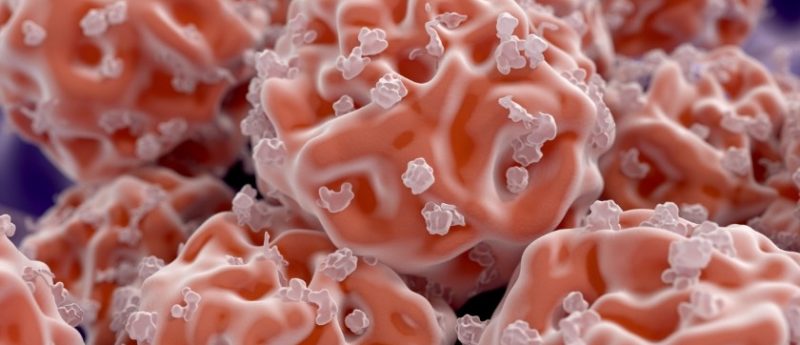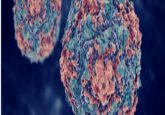ASCO18: Abiraterone for advanced prostate cancer may be more effective for black men than white men

A prospective clinical trial, involving 100 men with metastatic castration-resistant prostate cancer, has demonstrated that black men experience a greater and longer lasting response to the hormone treatment abiraterone (Zytiga®) compared with white men. Furthermore, black men were more likely to have a decline in PSA and had a 5-month longer median time to PSA worsening than white men (16.6 vs. 11.5 months).
The Abi Race clinical trial enrolled 100 men with metastatic castration-resistant prostate cancer of whom 50 self-identified as white and 50 self-identified as black. Study participants received standard treatment (abiraterone acetate and prednisone) until the point where the cancer worsened or unacceptable side effects arose; as determined by imaging scans and measuring PSA levels in the blood.
The trial demonstrated the time to radiographic disease progression was similar between the two cohorts but differences in PSA levels between the two groups (a marker of cancer response and progression). Of note, the researchers highlighted that abiraterone was more effective at both lowering PSA and delaying PSA progression in black men than in white men. The median PSA PFS was 16.8 months in black men and 11. 5 months in white men.
Additionally, only four black patients had no PSA decline compared with eight white patients. PSA is a prognostic marker in prostate cancer – individuals who have a decline in PSA level upon treatment live longer and have a better quality of life than those who do not have a decline in PSA.
Most clinical trials include a disproportionally lower number of minority study participants than the representation of the same racial group in the general population. This was also the case in the clinical trial that resulted in the approval of abiraterone for this indication. As a result, there is insufficient evidence about possible differences in treatment efficacy and side effects by race.
“Black men are more than twice as likely to die of prostate cancer than white men and are generally thought to have worse prostate cancer outcomes. Our study suggests that when black men and white men with advanced prostate cancer are given the same hormone treatment, this is not the case,” explained lead study author Daniel George from Duke University in Durham (NC, USA).
“Our research underscores the importance of specifically studying genetically diverse populations and raising awareness of these results, so that everyone who can benefit from abiraterone is offered this treatment,” George added.
Going forward the team are conducting another 100-patient study exploring outcomes of treatment with abiraterone in combination with apalutamide (Erleadea) in addition to co-leading an initiative to study all treatments of men with advanced prostate cancer through a global registry of 5000 patients, termed IRONMAN.



